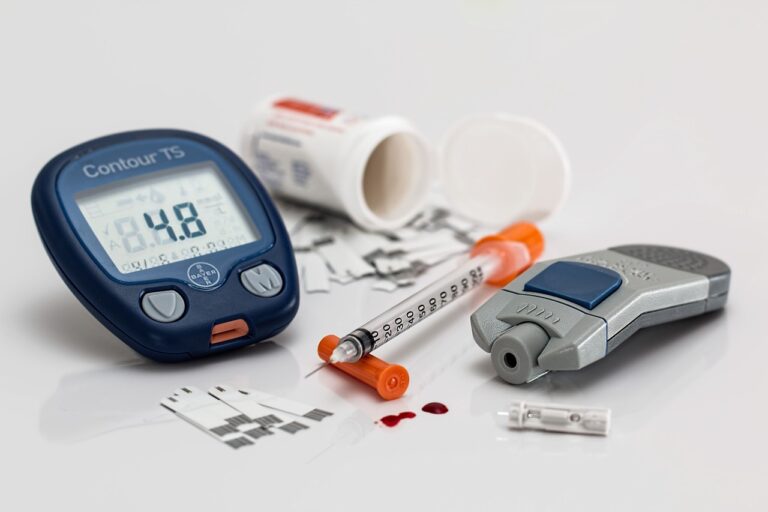Mental Health and Addiction: Understanding the Connection
betbook250 login, 11xplay pro, yolo247.com login:Mental Health and Addiction: Understanding the Connection
Many people struggling with addiction also face mental health challenges. This co-occurrence is not a coincidence but rather a complex relationship that can significantly impact an individual’s well-being. In this blog post, we will explore the connection between mental health and addiction, shedding light on how these two issues often go hand in hand.
The Link Between Mental Health and Addiction
Mental health disorders and addiction are closely intertwined. In fact, research shows that individuals with mental health issues are more likely to develop substance use disorders, and vice versa. This dual diagnosis, also known as co-occurring disorders, can create a vicious cycle where one issue exacerbates the other.
For example, someone struggling with depression may turn to drugs or alcohol as a way to self-medicate and alleviate their symptoms temporarily. However, substance abuse can worsen mental health conditions in the long run, leading to a dangerous spiral of addiction and mental illness.
Likewise, individuals with substance use disorders may experience mental health symptoms as a result of their addiction. Drugs and alcohol can alter brain chemistry, leading to anxiety, depression, and other psychiatric issues. This can make it challenging for individuals to seek help for their substance abuse problems, as underlying mental health issues often complicate the recovery process.
Common Mental Health Disorders Linked to Addiction
Several mental health disorders are commonly associated with addiction. Some of the most prevalent include:
1. Depression
2. Anxiety disorders (such as generalized anxiety disorder, social anxiety disorder, and panic disorder)
3. Bipolar disorder
4. Post-traumatic stress disorder (PTSD)
5. Schizophrenia
6. Borderline personality disorder
These mental health conditions can significantly impact an individual’s susceptibility to addiction and their ability to recover from substance abuse. It is essential to address both issues simultaneously to achieve lasting healing and well-being.
Treatment Approaches for Co-Occurring Disorders
Effective treatment for co-occurring disorders typically involves an integrated approach that addresses both mental health and addiction simultaneously. This may include a combination of therapy, medication, support groups, and lifestyle changes to promote recovery and improve overall mental health.
Therapeutic modalities such as cognitive-behavioral therapy (CBT), dialectical behavior therapy (DBT), and motivational interviewing have been shown to be particularly effective for individuals with co-occurring disorders. These approaches help individuals develop healthier coping mechanisms, identify and address triggers for substance use, and improve overall mental well-being.
It is crucial for individuals with co-occurring disorders to work with a multidisciplinary treatment team that includes mental health professionals, addiction specialists, and medical providers. This comprehensive approach ensures that all aspects of the individual’s well-being are addressed and that they receive the support they need to heal and thrive.
FAQs
Q: Can addiction cause mental health issues?
A: Yes, substance abuse can lead to the development of mental health disorders, such as depression, anxiety, and psychosis, due to the impact of drugs and alcohol on brain chemistry.
Q: How common are co-occurring disorders?
A: Co-occurring disorders are relatively common, with research suggesting that up to 50% of individuals with substance use disorders also have a co-occurring mental health issue.
Q: What should I do if I suspect that I have a co-occurring disorder?
A: If you believe you may have a co-occurring disorder, it is essential to seek help from a mental health professional or addiction specialist. They can provide an accurate diagnosis and recommend appropriate treatment options to help you on your path to recovery.
In conclusion, mental health and addiction are intricately connected, with each issue influencing the other in profound ways. By understanding the relationship between these two issues and seeking comprehensive treatment, individuals can achieve lasting healing and well-being. If you or someone you know is struggling with mental health and addiction, do not hesitate to reach out for help and support. Recovery is possible, and you do not have to face these challenges alone.







